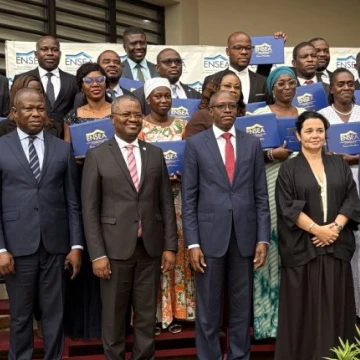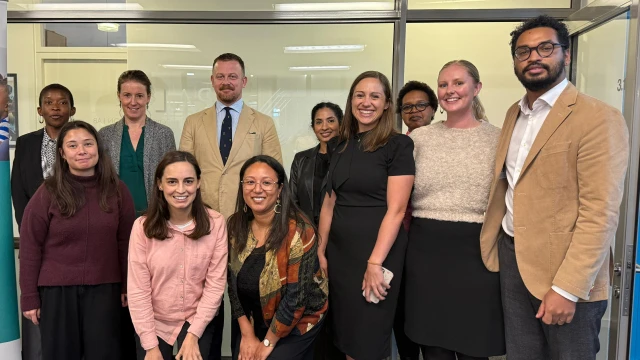
J-PAL Europe launches a new initiative to fund research on the inclusion of migrants and refugees in Europe
- In Europe, over 118 million people, or about 24 percent of the population, live at risk of poverty or social exclusion
- The European Social Inclusion Initiaitve is in collaboration with and supported by Community Jameel and Porticus
The MIT Abdul Latif Jameel Poverty Action Lab (J-PAL) has launched the European Social Inclusion Initiative (ESII) – a new research and policy initiative aiming to generate and disseminate lessons on which programmes can help foster the inclusion of migrants and refugees in Europe. The ESII is in collaboration with and supported by Community Jameel and Porticus. The initiative launched at J-PAL Europe headquarters in the Paris School of Economics with more than 200 leading researchers and representatives of governments, NGOs, foundations, and corporations from across Europe, as well as international organisations, gathered in Paris, France, for the launch event.
“In Europe, over 118 million people, or about 24 percent of the population, live at risk of poverty or social exclusion,” explained Anna Schrimpf, J-PAL Europe Co-Executive Director, in her opening remarks.
In her keynote lecture, J-PAL co-founder and director, Esther Duflo, discussed some of the main questions regarding social inclusion in Europe and highlighting the need for rigorous impact evaluation to better understand social inclusion programmes. “Social policy faces a fundamental tension between inclusion and exclusion,” said Duflo as she discussed the importance of making social programmes more inclusive in their design and taking efforts to target people who face the greatest difficulties.
In his presentation of the recently-published literature review of existing evidence on social inclusion programmes, Marc Gurgand, J-PAL Europe Scientific Director said: "Social inclusion of migrants and refugees remains an under-researched topic".
As a result of the literature review, ESII will focus their work on three key potential levers:
- Education
- Skills for youth
- Migrant inclusion
ESII is a multi-year research and policy outreach initiative, with the first round of Requests for Proposals to be announced in May this year. The initiative aims to generate new evidence by funding new research and sharing emerging lessons for programmes and policies seeking to foster the social inclusion of marginalised populations. In its first year, ESII will focus on education programmes aimed at improving the inclusion of first- and second-generation migrants and refugees in Europe.








